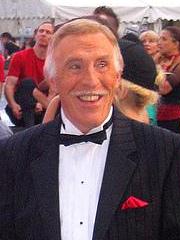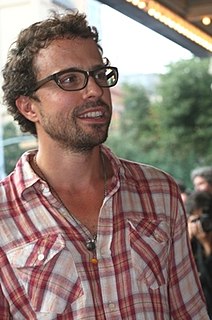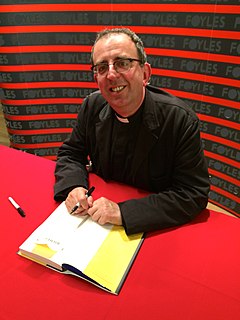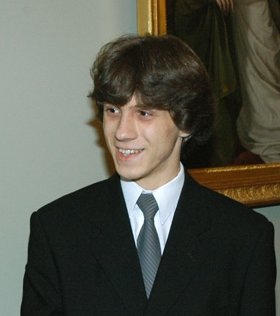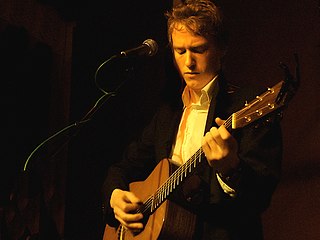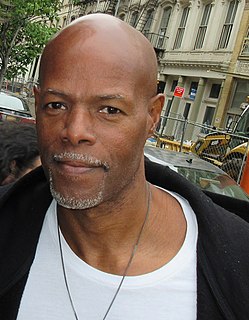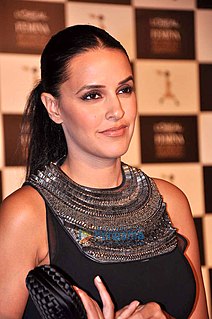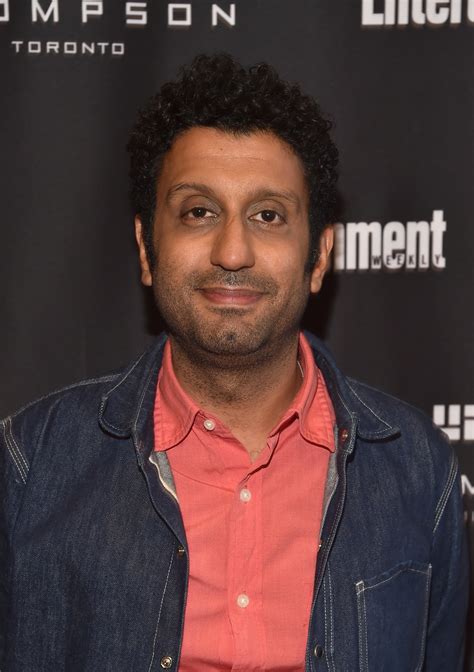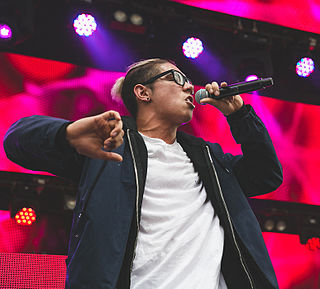A Quote by Bruce Forsyth
Once you've experienced the warmth of an audience, the achievement of getting your first laugh, and entertaining them, singing or playing piano, it just keeps it all going.
Related Quotes
The best way to make friends with an audience is to make them laugh. You don't get people to laugh unless they surrender - surrender their defenses, their hostilities. And once you make an audience laugh, they're with you. And they listen to you if you've got something to say. I have a theory that if you can make them laugh, they're your friends.
The first job I ever did in the theatre, I was supposed to be a genius piano player. I couldn't play the piano, but you just sit there at a piano like you're playing, and suddenly all this amazing music comes out and the audience believes you can do it. It's the same with computers. I love scenes where there are people yanking at monitors, "yes I'll put you through now," and you know they're just doing that. But you can look brilliant at all this technology. I love it.
People judge you really quickly, at first just on your facial features. There are two dimensions - warmth and competence. You can think of them as trustworthiness and strength. They're first judging you on warmth; evaluating whether or not you are trustworthy. That's much more important to them than whether or not you're competent.
We are a nation that has always gone in for the loud laugh, the wow, the yak, the belly laugh, and the dozen other labels for the roll- em-in-the-aisles gagerissimo. This is the kind of laugh that delights actors, directors, and producers, but dismays writers of comedy because it is the laugh that often dies in the lobby. The appreciative smile, the chuckle, the soundless mirth, so important to the success of comedy, cannot be understood unless one sits among the audience and feels the warmth created by the quality of laughter that the audience takes home with it.
The audience keeps singing, keeps making my case, and I just keep strumming until I get close enough to see her eyes. And then I start singing the chorus. Right to her. And she smiles at me, and it’s like we’re the only two people out here, the only ones who know what’s happening. Which is that this song we’re all singing together is being rewritten. It’s no longer an angry plea shouted to the void. Right here, on this stage, in front of eighty thousand people, it’s becoming something else. This is our new vow.
